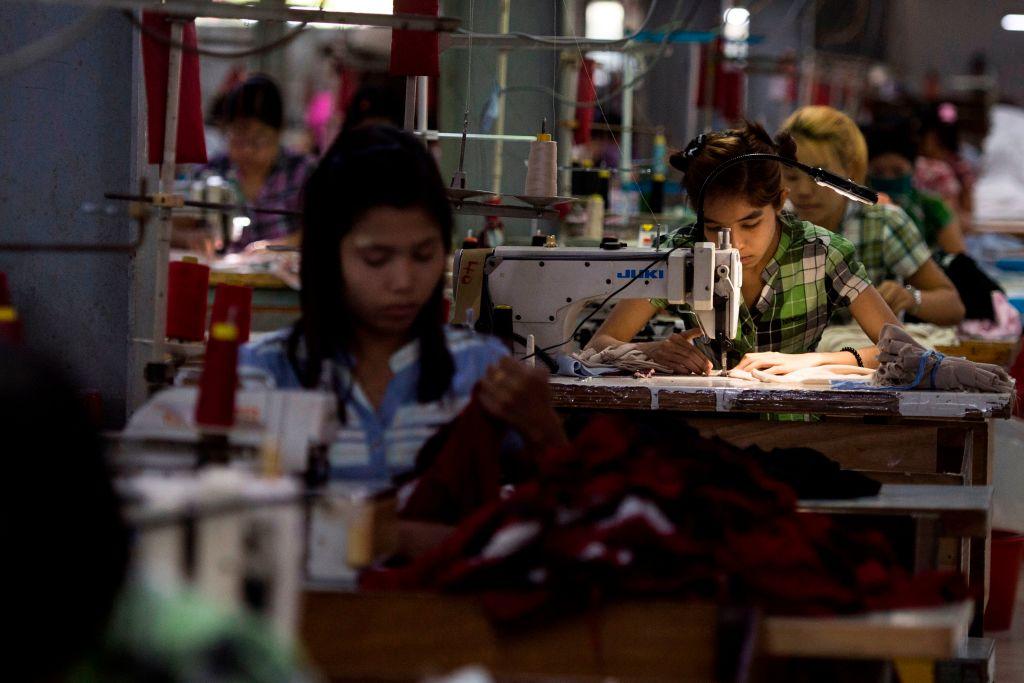For decades since 1979, Beijing strictly enforced its one-child policy, and families that didn’t comply were subjected to heavy fines, forced abortions, and sterilizations.
The policy was eventually lifted in 2016, but it’s left the country with a huge gender disparity.





